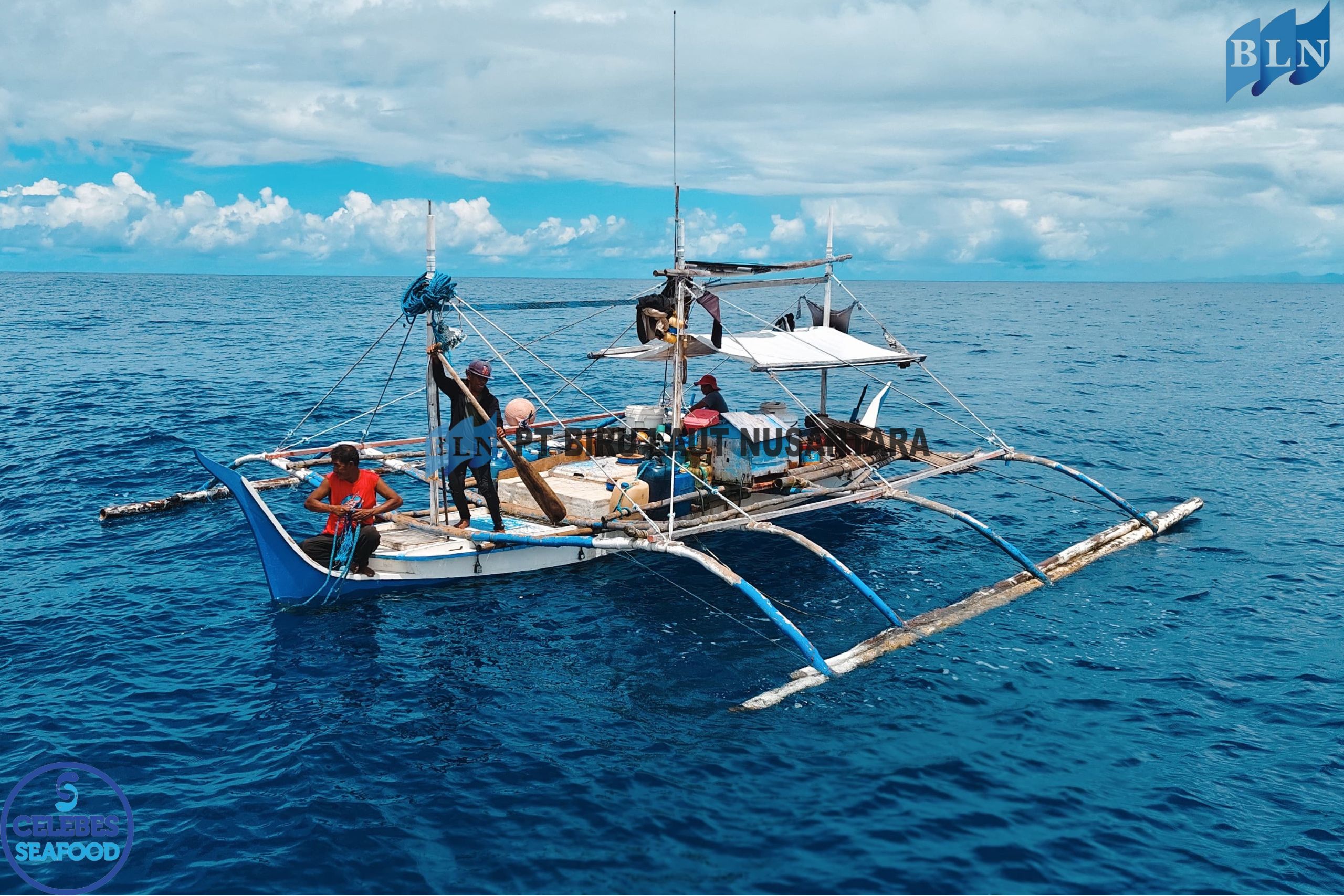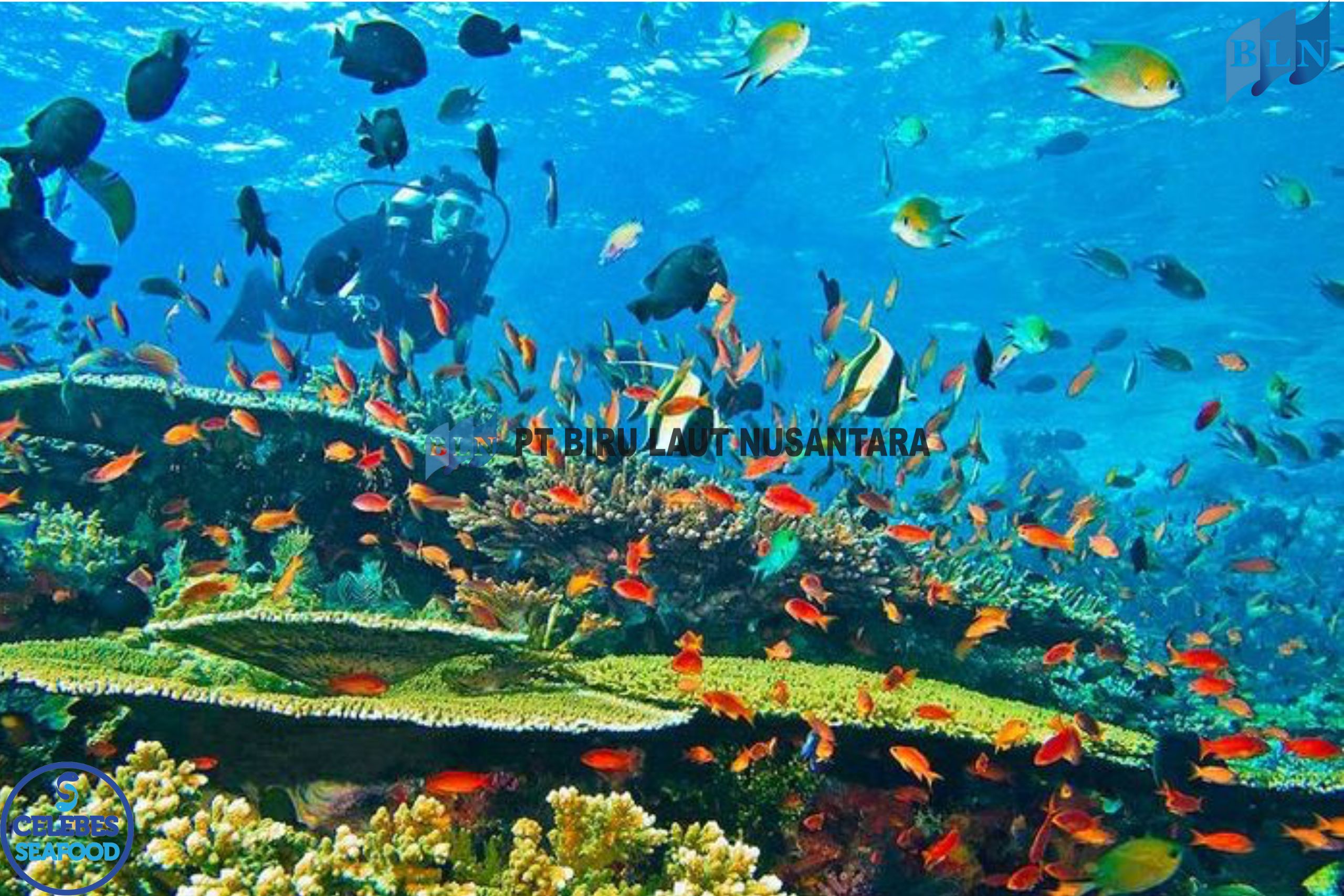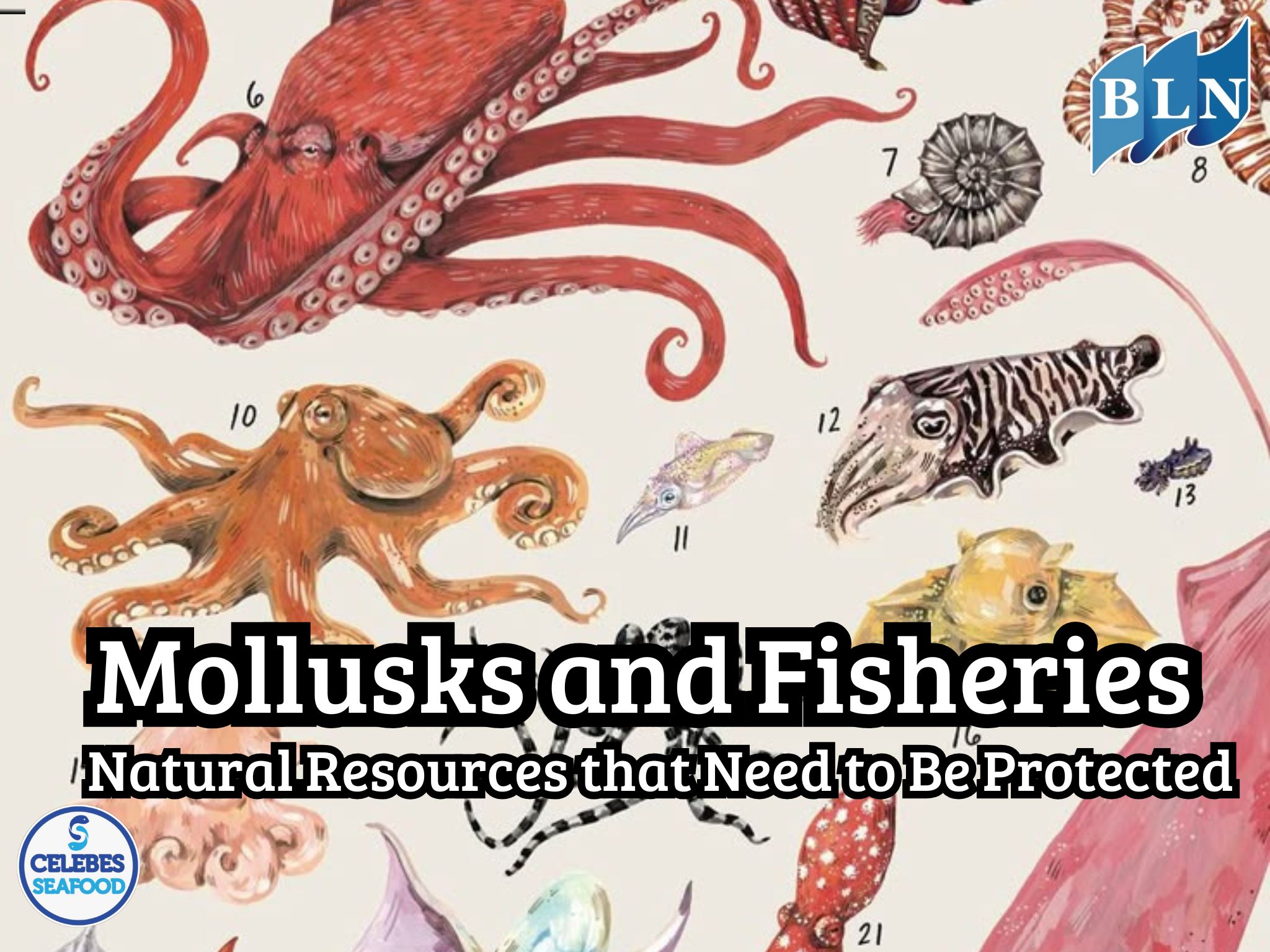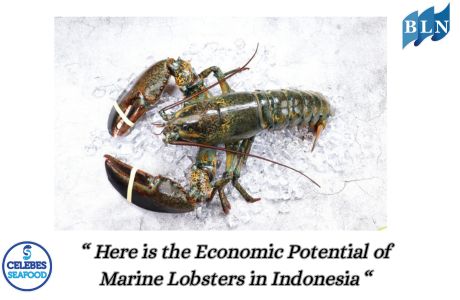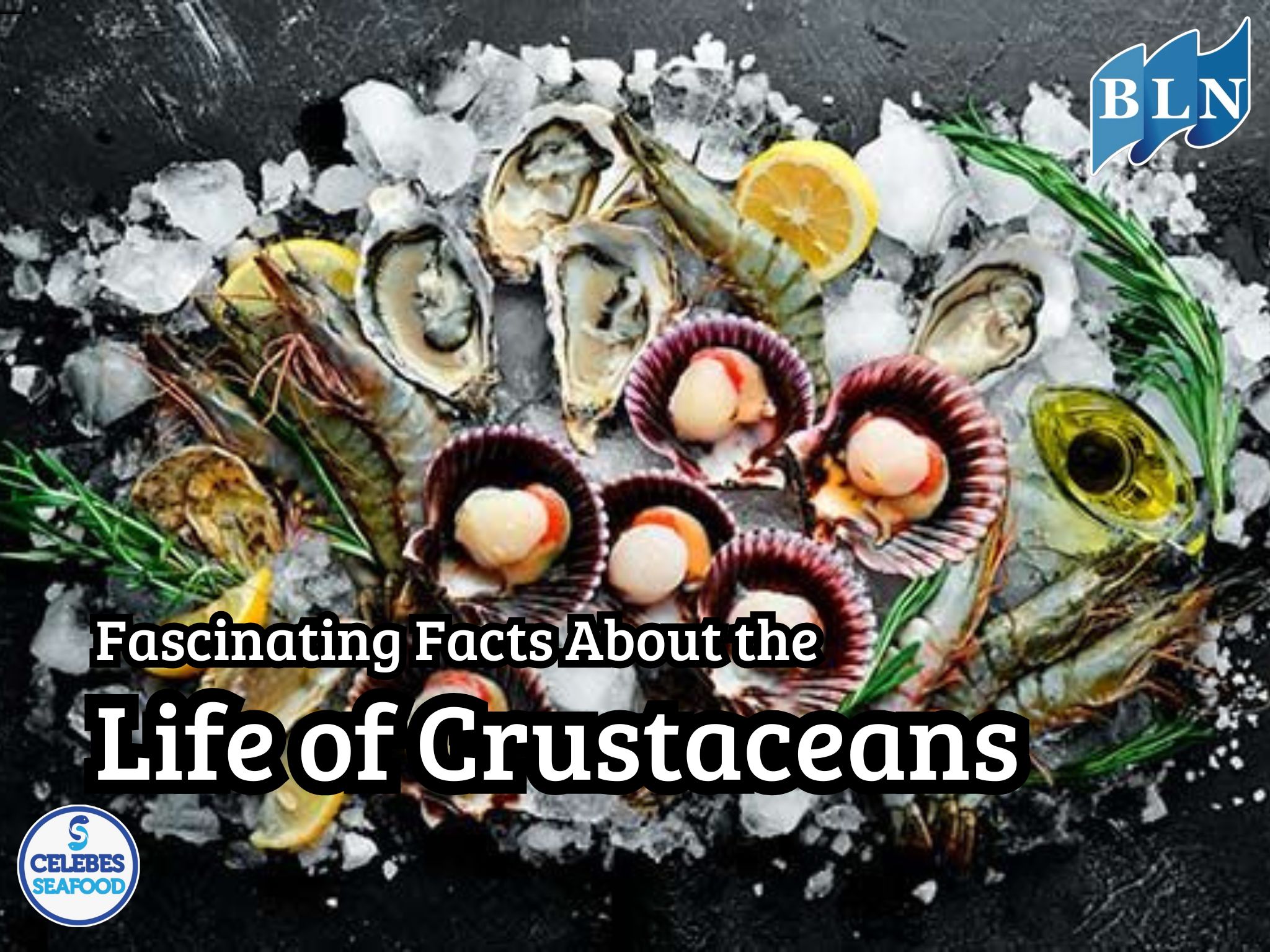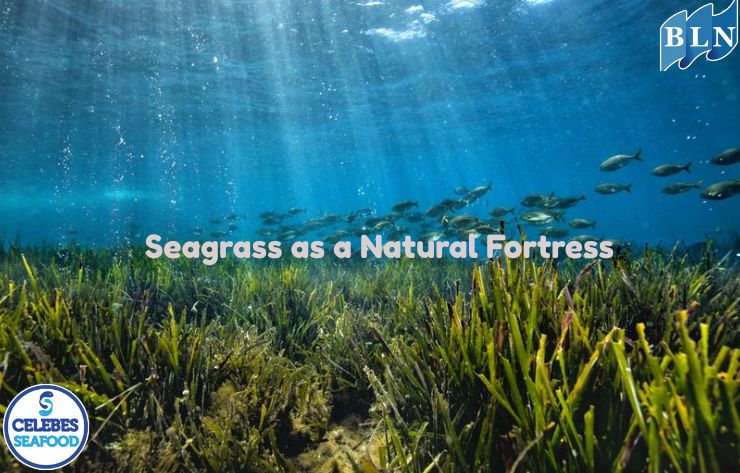Get To Know About 11 Fun Facts of Giant Pacific Octopus
By. Nevanda - 09 Oct 2023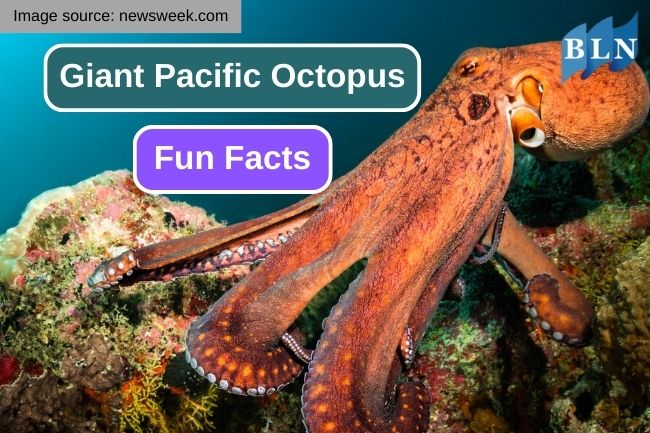
lautnusantara.com - The mysterious depths of the Pacific Ocean hide a creature of captivating wonder—the Giant Pacific Octopus (Enteroctopus dofleini). While often lurking in the ocean's shadows, this colossal cephalopod harbors a world of intriguing secrets waiting to be unveiled. From its astounding size and shape-shifting talents to its relatively short but impactful lifespan, the Giant Pacific Octopus is a mesmerizing enigma of the deep. Here are some fun facts about them:
1. Impressive Size
They are the largest species of octopus in the world, with an average arm span of around 10 to 16 feet (3 to 5 meters) and can weigh up to 110 pounds (50 kilograms).
2. Short Lifespan
Despite their size, Giant Pacific Octopuses have relatively short lifespans, typically living only 3 to 5 years. During their lives, they go through a single reproductive cycle before they die.
3. Camouflage Experts
These octopuses are masters of camouflage. They can change the color and texture of their skin to blend in with their surroundings, making them nearly invisible to predators and prey alike.
Read also: The 8 Best Benefits of Eating Cuttlefish
4. Incredible Intelligence
Octopuses, in general, are known for their high level of intelligence. They can solve puzzles, use tools, and exhibit problem-solving skills. Giant Pacific Octopuses are no exception and are often used in studies of octopus intelligence.
5. Excellent Swimmers
Despite their large size and seemingly cumbersome appearance, Giant Pacific Octopuses are strong and agile swimmers. They can use a jet of water to propel themselves through the ocean.
6. Beak and Venom
Octopuses have a hard, sharp beak that they use to crush the shells of their prey. They also possess venomous salivary glands to immobilize their prey.
7. Solitary Creatures
Giant Pacific Octopuses are typically solitary animals and are not known for forming social groups. They usually interact with other octopuses during mating, and sometimes this interaction can be aggressive.
8. Mating and Parenting
The mating ritual of Giant Pacific Octopuses is a fascinating process. The male delivers a specialized arm called a hectocotylus to the female, which she uses to store sperm for later fertilization. After laying her eggs, the female guards and cares for them diligently until they hatch, but she does not eat during this period, eventually dying once the eggs hatch.
Read also: Complete Guide to Choosing the Freshest Fish on the Market
9. Inhabit Various Depths
They can be found in a range of depths in the Pacific Ocean, from shallow coastal waters to much deeper offshore areas. Their preferred depth varies with factors like temperature and food availability.
10. Delicate Lifespan
Unfortunately, Giant Pacific Octopuses are short-lived, and they have numerous predators, including sharks, large fish, sea otters, and even other octopuses. As a result, they must rely on their intelligence and camouflage to avoid these threats.
11. Cephalopod Relatives
They are part of the cephalopod family, which includes octopuses, squids, and cuttlefish. These animals are known for their complex behaviors and unique features.
These are just a few of the interesting facts about Giant Pacific Octopuses. They are remarkable creatures with a range of adaptations that allow them to thrive in their underwater environments.
Read also: 10 Ways to Put in Crabs in Various Dish

